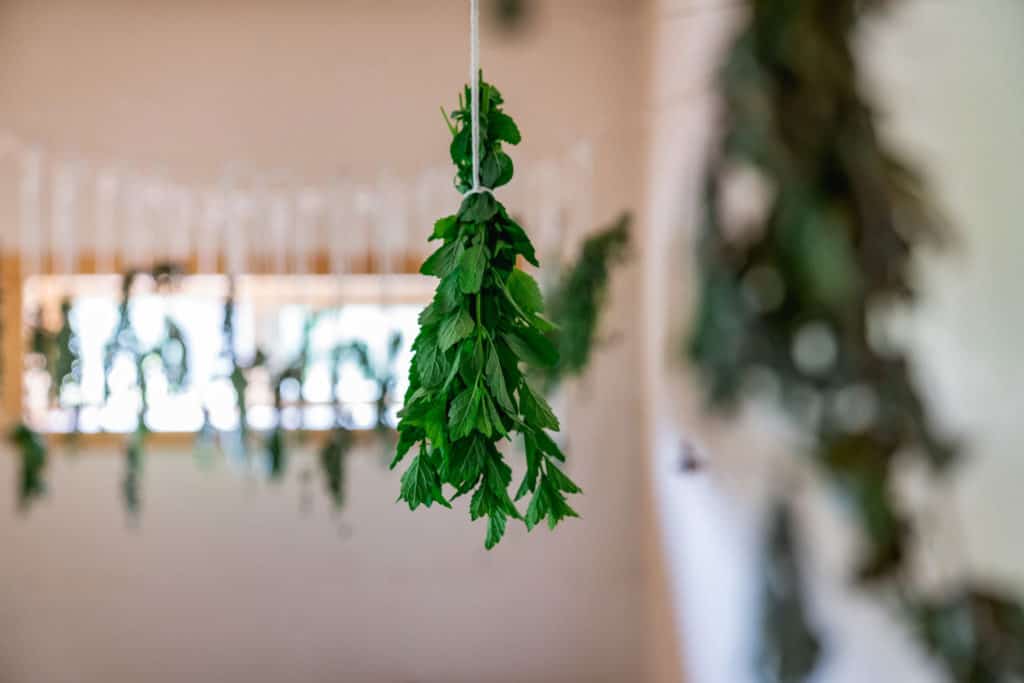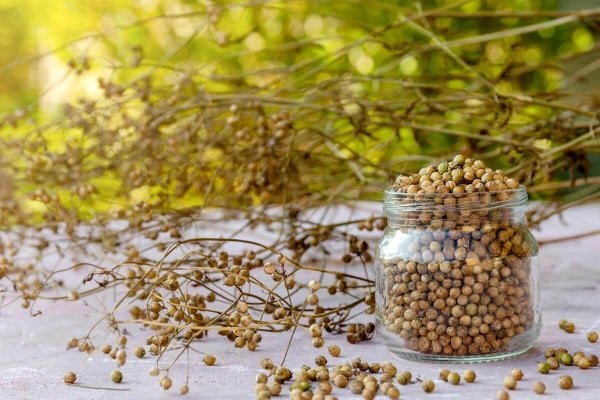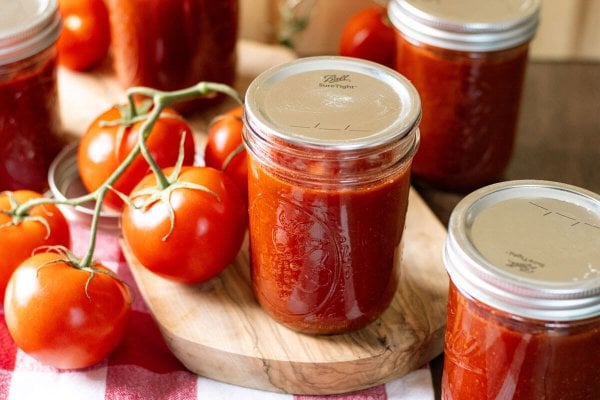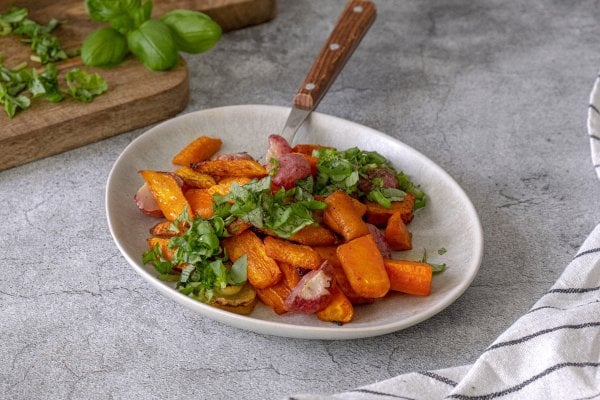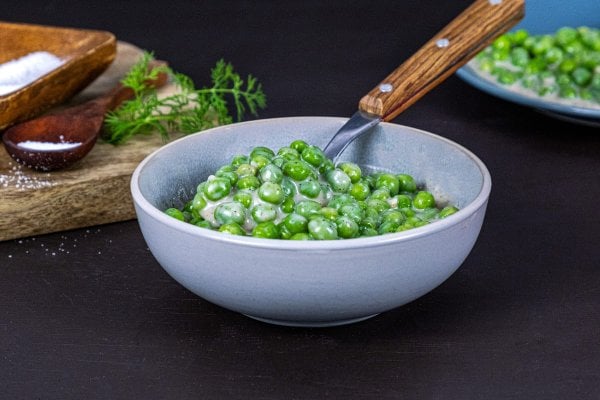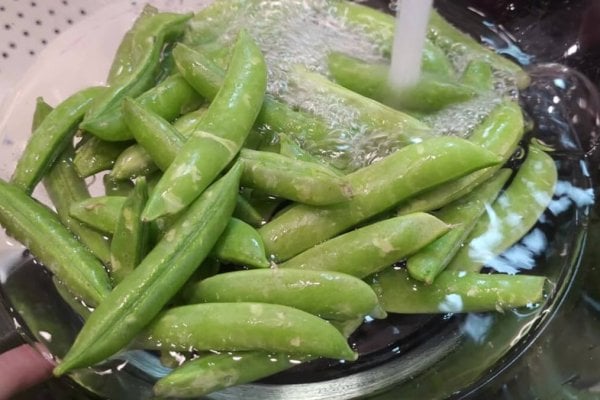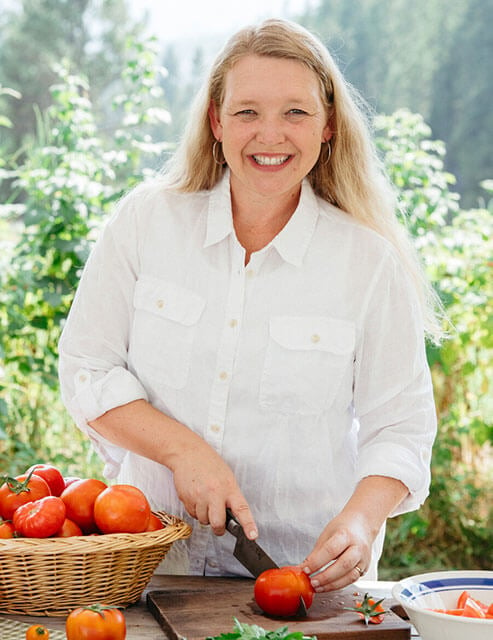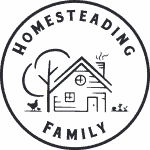


How prepared are you for an emergency situation? What would you do if medical help was 30 or 40 minutes away from you? There are three types of herbs you can keep on hand and ready to use for going into triage mode until emergency crews arrive.
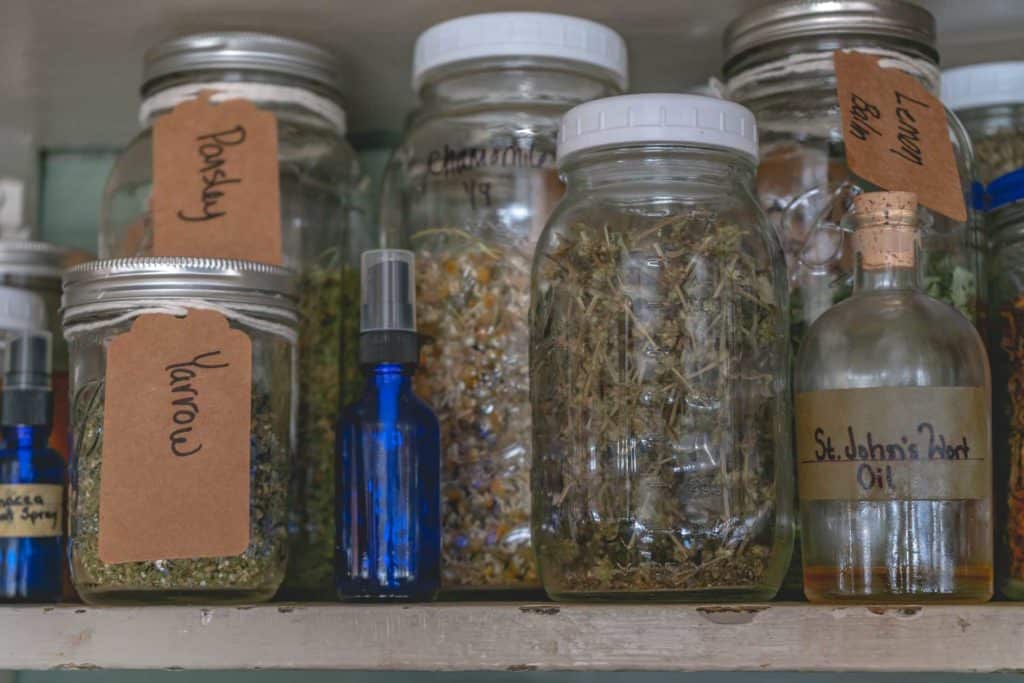
Naturopath and veterinarian Dr. Patrick Jones from HomeGrown Herbalist tells us about the natural herbs Cayenne, Yarrow, and Lobelia, which can be used for several dire emergencies. These herbs are some of the basic emergency supplies that we consider essential on the homestead.
While traditional drugs are effective, natural herbs can also work and, according to Doc Jones, may be even more effective.
Why I Love Using Herbs
I love that what I grow in the cottage garden can be used for both the beauty during the summer months as well as various dried herbs, tinctures and poultices for those times when our family uses them for cooking, teas, or medical needs.
Read more about the medicinal herbs I’m growing in my cottage garden, how to design a cottage garden, herbs that can be used on farm animals and pets, and the easy herbal remedy for allergies.
It’s important to note that I am not a certified medical practitioner or accredited veterinarian. This post is not intended to diagnose or treat but is for informational purposes only. Please contact your medical or animal care professional before introducing new herbal remedies into your (or your pet’s) wellness routine.

Three types of Herbs to Have on Hand for Emergencies
Cayenne
Cayenne is a stimulating hypertonic that improves circulation. It also helps blood vessels dilate and relax when blood pressure drops, such as in a heart attack or when dealing with shock. It’s also good for stopping both internal and topical bleeding. (Source)
Cayenne can clear airways (Source) and help with sinus infections.
Doc Jones mentions that he uses cayenne on animals that aren’t waking up from anesthesia and they come right out of it.
Yarrow
Yarrow (both the flowers and top leaves of the plant) is good for stopping internal or topical bleeding. (Source)
Yarrow is a constrictor of the blood vessels. When mixed with Shepherd’s Purse, it has an amazing clotting function.
Lobelia
Lobelia is used to open airways. It is an expectorant as well as a muscle relaxant. It is excellent for asthma issues (Source) and is used as an antihistamine for allergic reactions.
Cramp Bark and Gum Weed work just like lobelia, so having any of these on hand is a good idea.
If you want to decrease inflammation and relax muscles, mixing lobelia and Brigham tea works very well. (Source)
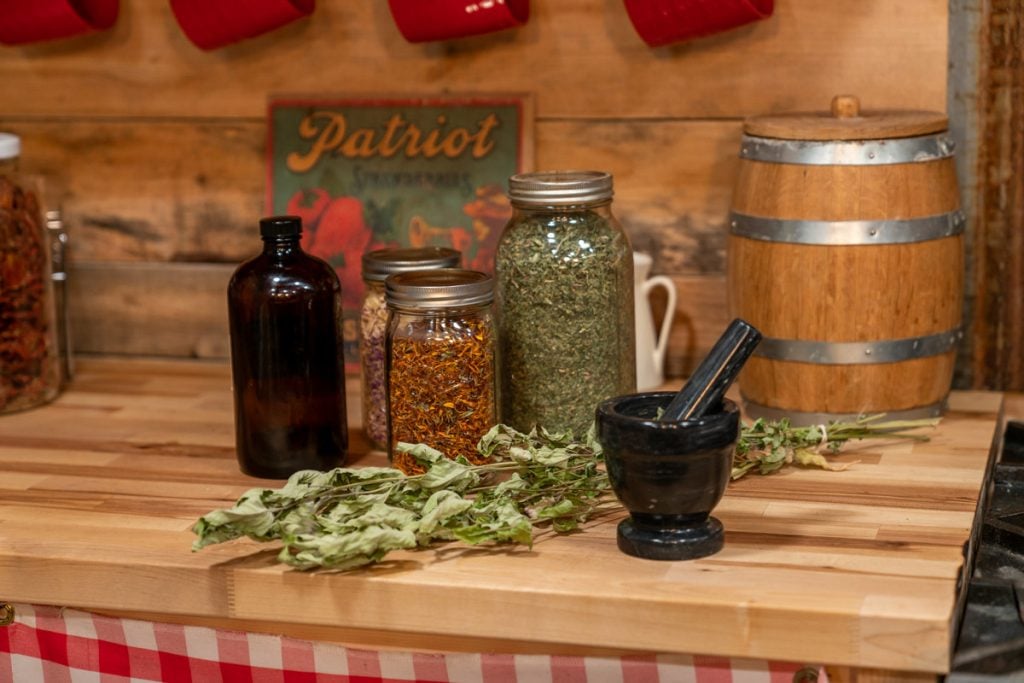
Forms of Herbs to Use
There are many ways we can get herbs into our system, just like there are many ways of transportation. But in an emergency situation, you want to use the form that will have the quickest response.
You won’t want to make a tea that will be sipped in an emergency. You’ll want to get those herbs into your system as quickly as possible, which will be in tincture form. Think of it like taking a jet plane vs. riding a mule to deliver the herbs.
- Powder – Powders or dried herbs are great for topical applications or those that would not be beneficial if used with alcohol, such as in a tincture. A tincture will sting because of the alcohol for open wounds, so in this case, the powdered form is better.
- Tincture – Tinctures are great for portable use in small doses. Tinctures are absorbed more quickly by the body and their shelf-life is over 20 years.
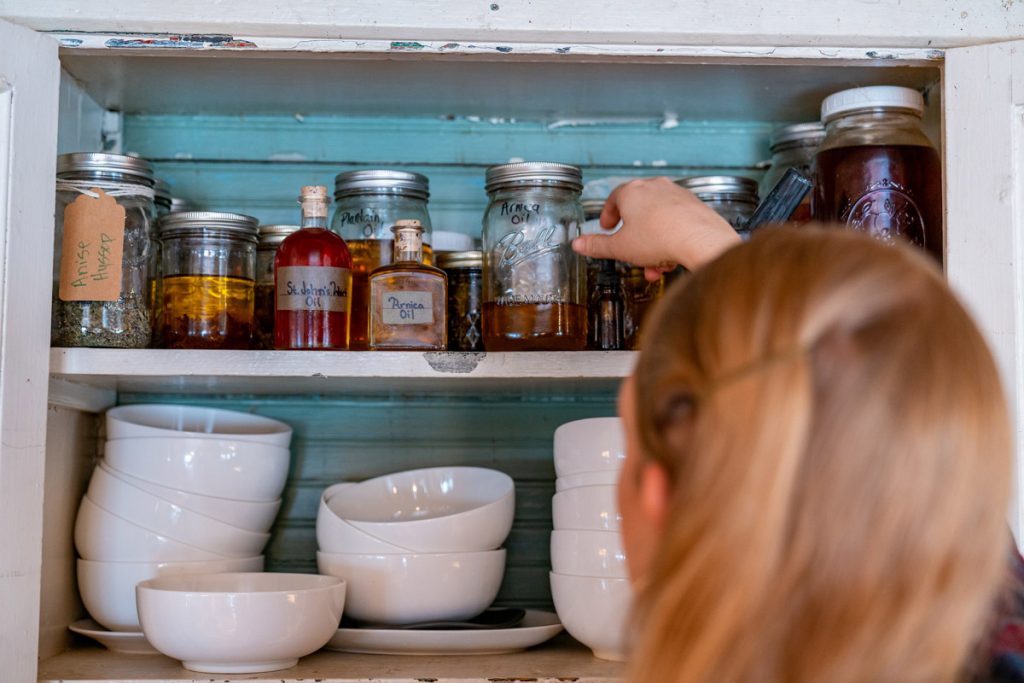
On Hand and Ready to Go!
It is critically important to make sure that whatever herbs you decide to keep on hand are ready to go. You will want them on your shelf and correctly labeled.
I also recommend keeping an index card with each herb as a reminder of what it can help with. When your emergency comes, you don’t want to run around your garden looking for the correct herb and/or wondering which herb does what.
The key to emergencies is to have your herb emergency kit ready!
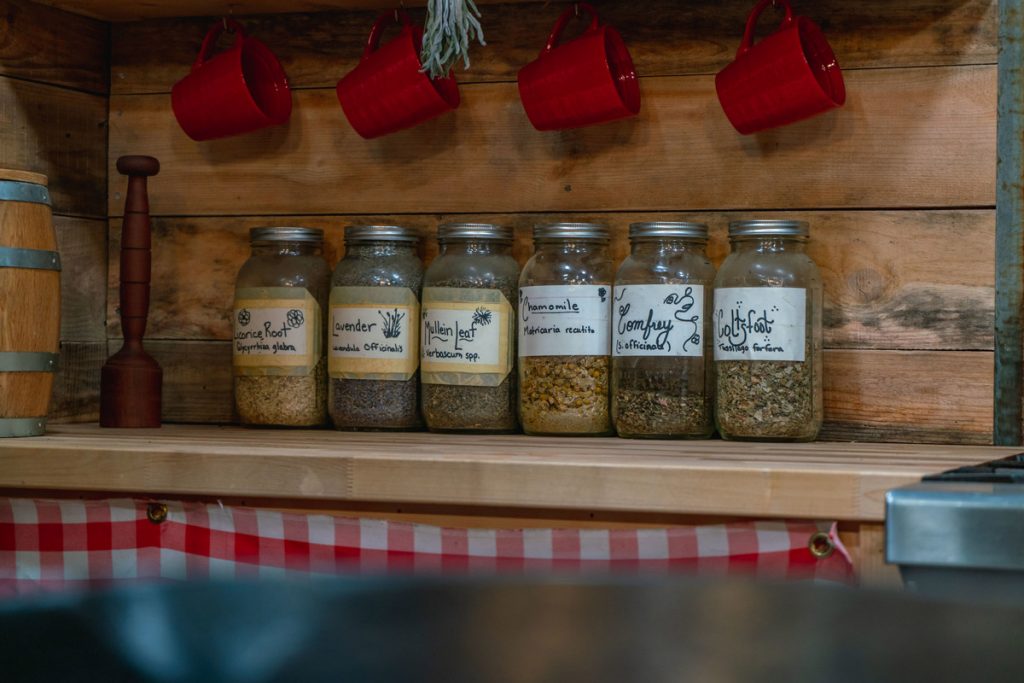
Where to Buy Herbs and Tinctures
If you’re not already growing them yourself, you can purchase herbs and tinctures directly from Doc Jones’ website, Homegrown Herbalist.
This is a great way to get started and build up your herbal medicine cabinet. Then, start implementing those specific herbs you reach for time and time again in your own garden.
I’ve said it before, but growing herbs is one of the best ways to learn how to use them.
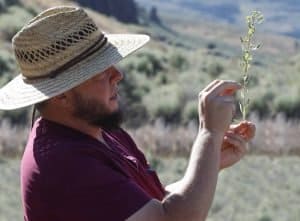

Where to Find Doc Jones
For more information on Doc Jones or the School of Botanical Medicine, visit the links below.
- HomeGrown Herbalist on Facebook
- HomeGrown Herbalist on YouTube
- HomeGrown Herbalist website
- HomeGrown Herbalist School of Botanical Medicine
- For questions, email info@homegrownherbalist.net
